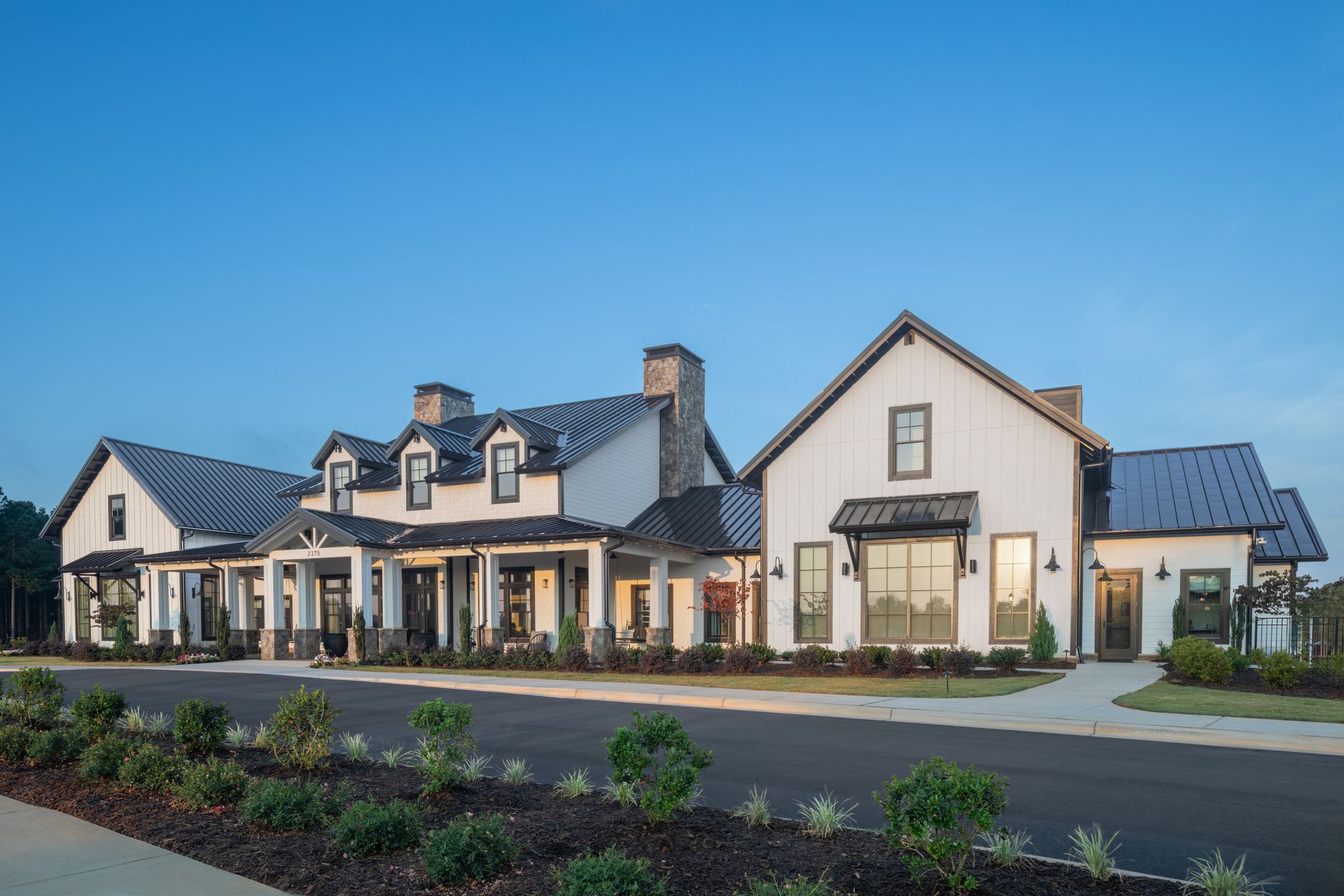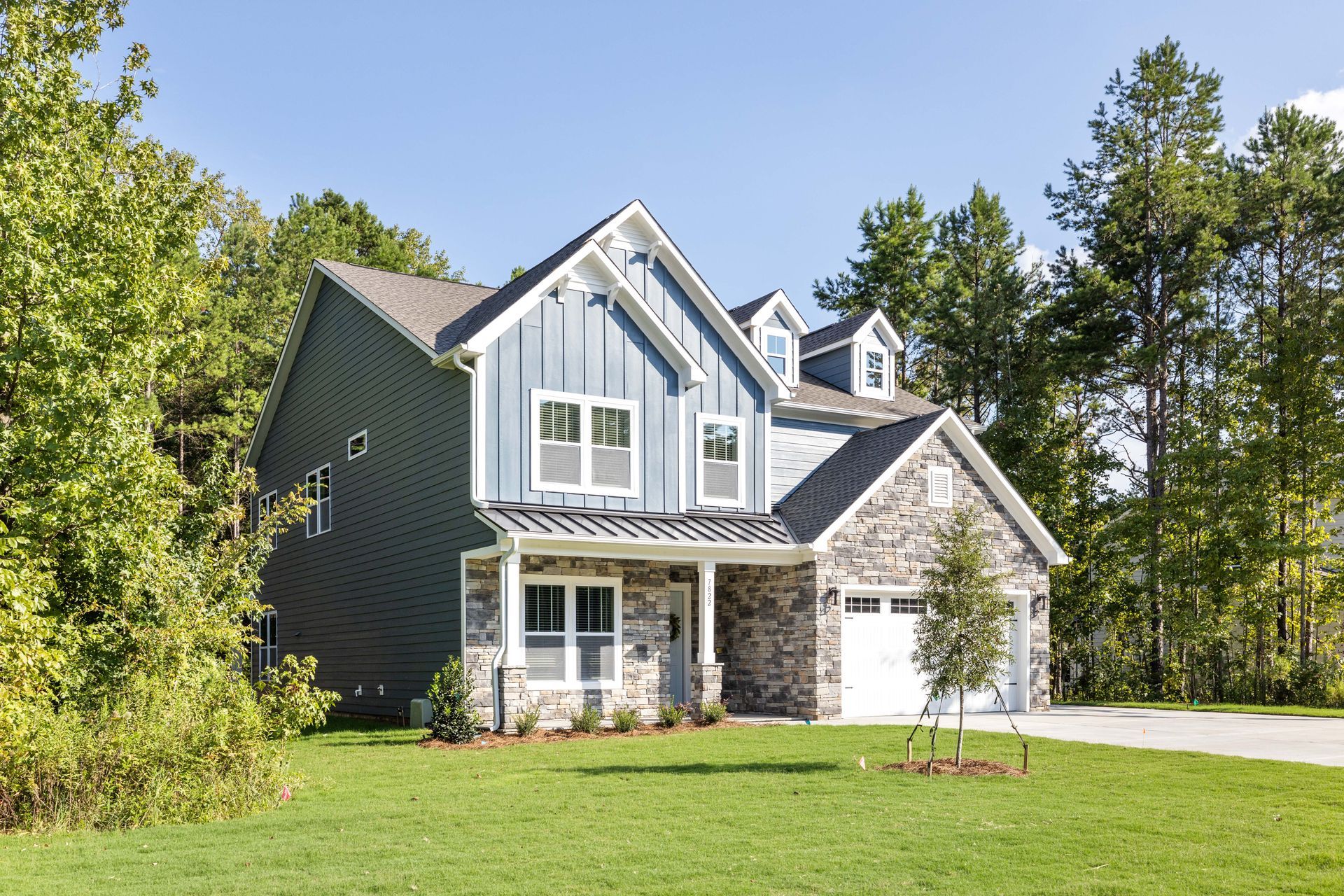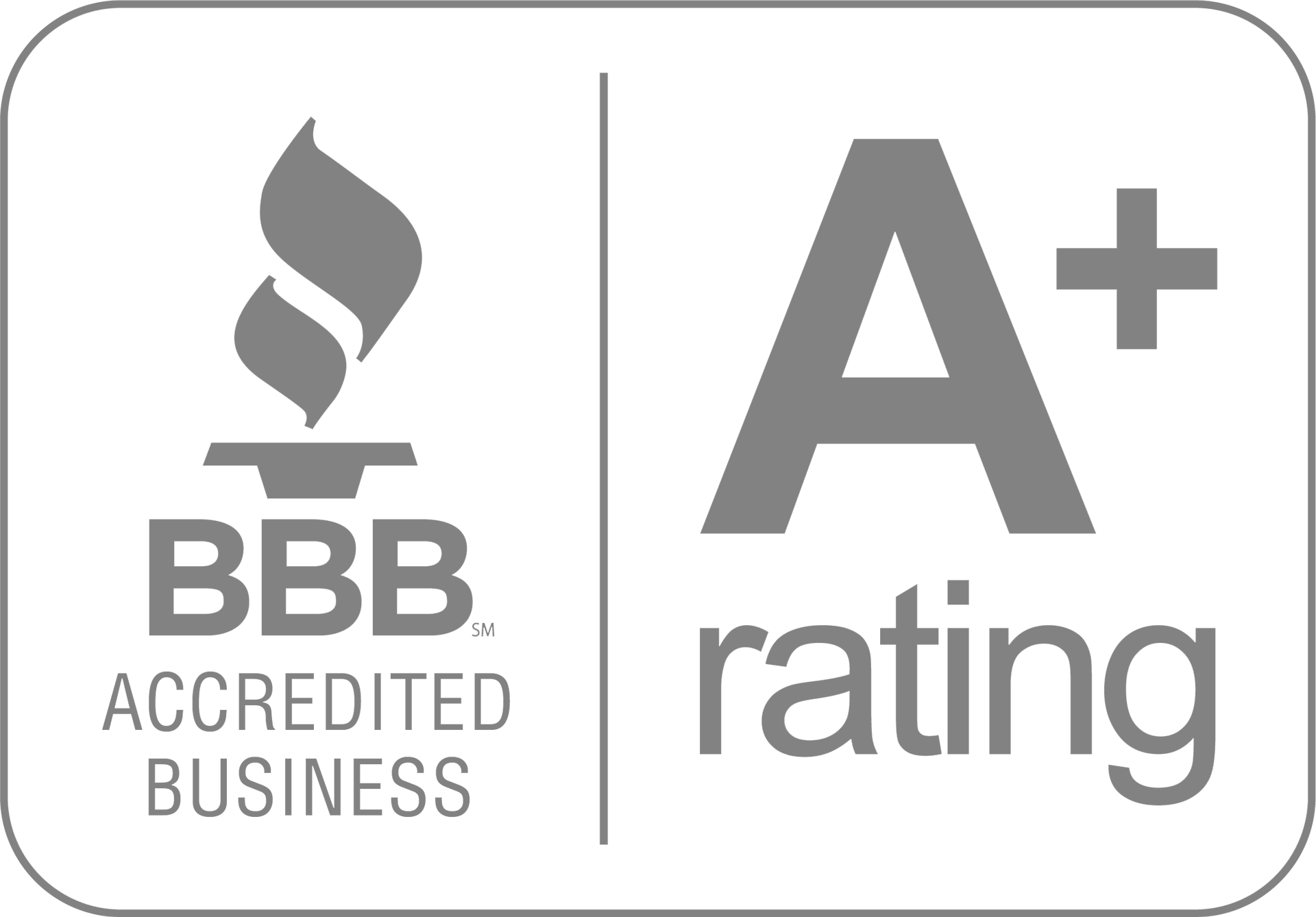Renting vs. Buying in 2025: What First-Time Homebuyers Need to Know
Why So Many Are Reconsidering Renting vs. Buying in 2025
If you’ve ever typed “Should I rent or buy in 2025?” into a search bar, you’re not alone—and you’re asking the right question. Economic headlines, mortgage rate chatter, and rising rental prices have left many first-time homebuyers in limbo.
But here’s what we know at True Homes: buying a home is still one of the most impactful steps you can take toward building wealth, stability, and a future that’s truly yours. And while renting might feel more comfortable in the short term, it’s important to understand the long-term trade-offs.
Buying a home isn’t just a financial decision, it’s a lifestyle shift, an investment in your future, and often a step toward personal goals like starting a family or building generational wealth. Renting may feel more flexible, especially when you're still figuring things out, but long-term, it may hold you back more than you think.
Renting in 2025: Short-Term Flexibility, Long-Term Cost
Renting can be a good fit for those who need mobility or aren’t ready to settle down. If you’re relocating frequently for work or testing out different cities or lifestyles, renting provides that short-term adaptability. But 2025 renters are feeling the pinch more than ever.
According to Realtor.com’s 2025 Rental Forecast, national rent prices have increased by over 28% since 2020, outpacing wage growth and inflation. Many renters now spend over 30% of their income on housing, a financial red flag known as being “rent-burdened.”
The Compounding Cost of Renting
Let’s break it down: If you're paying $1,800/month in rent today, that’s $21,600 yearly. Over five years, assuming modest annual increases, that adds up to over $115,000, with no return on investment. That money could have been building equity in a home or serving as a foundation for your financial future.
Pros of Renting in 2025
While buying a home can offer long-term financial and lifestyle benefits, renting isn’t without its advantages—especially depending on your current situation. For some, renting may be the right choice for right now.
- Lower Upfront Costs: No down payment or closing costs—just a deposit and first month’s rent.
- Flexibility to Move: Renting allows you to move with relatively short notice—perfect for those in a transitional phase.
- Fewer Maintenance Responsibilities: From broken appliances to landscaping, most repair and upkeep costs are handled by your landlord.
- Access to Amenities: Many modern apartment communities offer lifestyle perks like fitness centers, pools, coworking spaces, and security—all built into your rent.
Cons of Renting in 2025
- No Equity: Every rent check is money you’ll never get back. Unlike a mortgage, renting builds no long-term financial value.
- Unpredictable Increases: With no fixed cost, you’re subject to rising rents and landlord decisions. In 2024 alone, over 70% of U.S. renters experienced a rate increase.
- Limited Customization: Want to remodel the kitchen or build a garden? Not unless your landlord agrees.
- Instability: Leases end. Markets change. Rental availability and affordability fluctuate more than ever.
Buying a Home in 2025: Financial Security, Lifestyle Freedom
Homeownership isn’t just about property, it’s about opportunity. When you buy, you're investing in your future, not your landlord’s. According to the Federal Reserve’s most recent Survey of Consumer Finances, the median net worth of homeowners is nearly 40 times higher than that of renters.
Pros of Buying a Home in 2025
- Equity Growth: Every payment builds your stake in a growing asset.
- Fixed Monthly Costs: A fixed-rate mortgage protects you from rent hikes and rising inflation.
- Tax Benefits: Mortgage interest and property taxes are often deductible, meaning amazing tax benefits for you.
- Creative Freedom: Want to paint your walls or knock them down? It’s your space, you have the freedom to be as creative as you wish.
- Long-Term Stability: Lock in a home that meets your lifestyle today and your goals for tomorrow.
Cons of Buying a Home in 2025
- High Upfront & Ongoing Costs:
Includes down payment, closing fees, property taxes, insurance, and potential HOA dues.
- Maintenance & Repairs: Homeowners are fully responsible for upkeep, which can be time-consuming and expensive.
- Less Flexibility:
Selling a home takes time, making it harder to relocate quickly or respond to life changes.
- Market Risk:
Home values can decrease, meaning you could lose money or owe more than your home is worth.
- Tied-Up Capital: Funds used for a home could limit other investment or financial opportunities.
Housing Market Reality Check
While interest rates in early 2025 hover around 6.25–6.75%, many financial experts expect them to decline throughout the year as inflation moderates slowly. And with modern lending programs—like FHA, VA, USDA, and down payment assistance grants—homeownership is more accessible than many people realize.
- Did you know? First-time buyers may qualify for mortgages with as little as 3% down and more flexible credit requirements. Programs like Freddie Mac’s Home Possible® and Fannie Mae’s HomeReady® are specifically designed to help low- to moderate-income buyers overcome traditional barriers.
Not Sure Yet on If You Should Rent or Buy? Ask Yourself These Questions

What’s Stopping Most First-Time Buyers?
For many, the biggest hurdles are perception, not reality. Here’s a breakdown of common fears and the facts that can ease them:
- “I need a 20% down payment.”
- Not true. According to the National Association of REALTORS®, the average first-time buyer puts down just 6–7%.
- “My credit isn’t perfect.”
- There are plenty of mortgage programs that allow credit scores as low as 580, particularly with FHA-backed loans.
- “I’m afraid of hidden costs.”
- That’s why working with a transparent builder like True Homes matters. We believe in no surprises—just clarity.
Why True Homes is the Right Partner for First-Time Buyers
We know what it’s like to stand at the edge of a big decision. That’s why we’ve built our process around guidance, clarity, and real support, not pressure. Here’s why first-time buyers choose True Homes:
- Upfront Pricing with No Gimmicks. We believe in transparency. No surprises. No last-minute fees. You’ll always know what you’re paying and why.
- One-on-One Support from Day One. Our Sales Advisors are real people—not salespeople—who will walk with you through every step, from finances to floor plans.
- Homes That Work for You Today and Tomorrow. Modern layouts. Energy-efficient features.
- Affordable Customization. You’ll get a home that feels like you, not a cookie-cutter box.
- Communities That Feel Like Home. Safe, vibrant neighborhoods in the places people actually want to live—near schools, parks, and great food (including our newest favorite, Brickwood!).
- No Pressure. Just Possibility. Whether you're buying now or just exploring, we’re here to provide guidance, not a sales pitch.
Is Buying Right for You in 2025? Let’s Talk About It
At the end of the day, the renting vs. buying decision is deeply personal—but it’s also one of the most important financial choices you’ll make.
You don’t need to be perfect. You don’t need to have a massive down payment. You just need the right team and the right plan.
Let’s explore what’s possible—on your terms, at your pace. Because “someday” could start today.
Connect with a True Homes Advisor or explore our first-time buyer tools to learn more.





